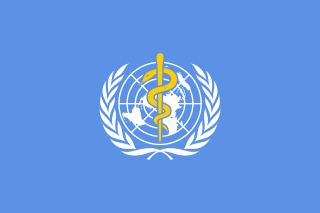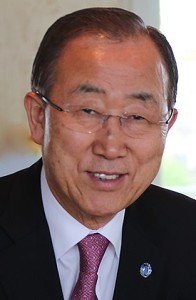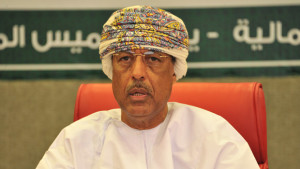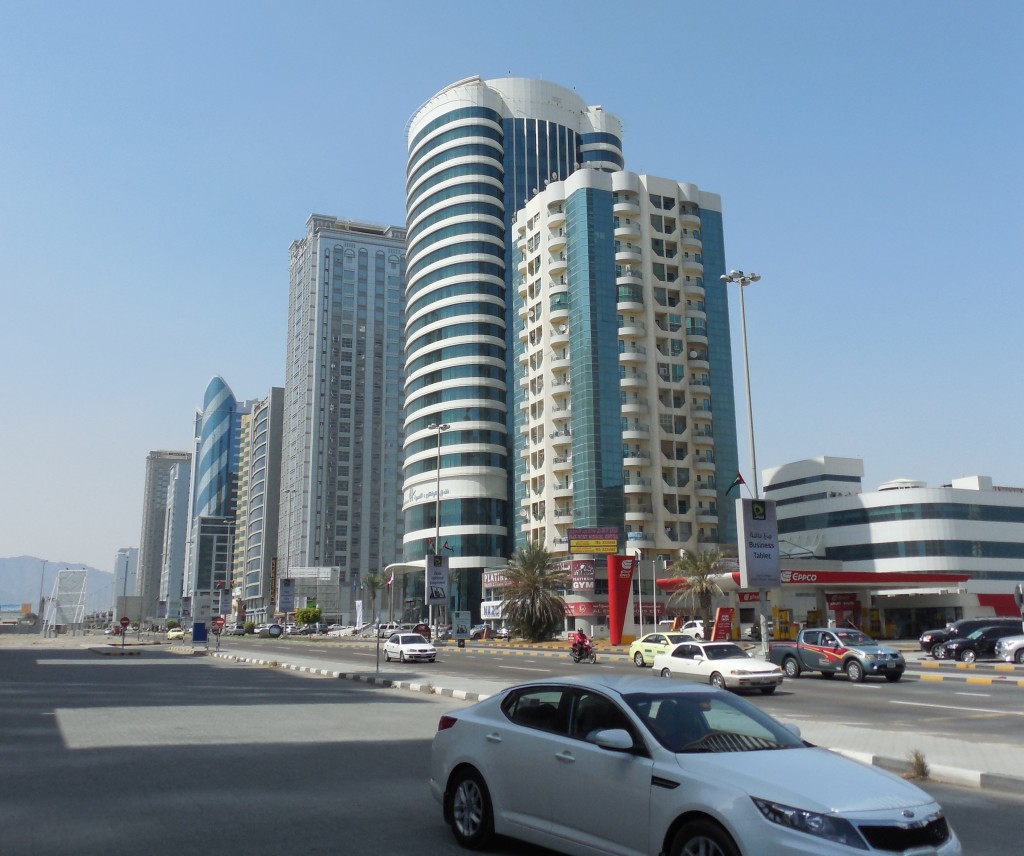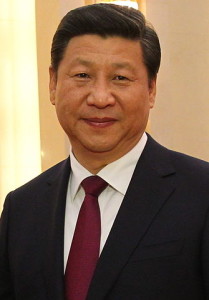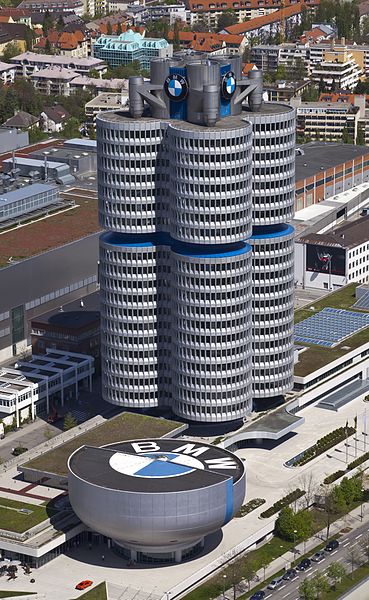
BMW Tower and museum, Munich, Germany. Photo by Diego Delso, Wikimedia Commons, License CC-BY-SA 3.0
As of October 1, BMW will have a new director of sales and marketing in the Middle East, Dr. Hamid Haqparwar. He will take over his new role in the BMW Middle East headquarters in Dubai, succeeding Ralf Bissinger. Bissinger will be moving on to Thailand in senior management in one of the largest BMW dealerships there.
Haqparwar has held several senior management positions in different areas around the world. His job in Dubai is a return for him to the Middle East where he spent a few years as head of product and price management and then Area Manager for Kuwait, Oman, Bahrain and Iraq.
“It’s a great pleasure to welcome Hamid back to the Middle East where he has solid understanding of the diversity of the region, and considerable experience working closely with our importers.
“Developing new perspectives from his roles in India, will also enable him to contribute to the strengthening of our position in the luxury automotive segment in the Middle East. I look forward to welcoming Hamid as a member of our management team,”
intoned Johannes Seibert, BMW Group Middle East managing director.

